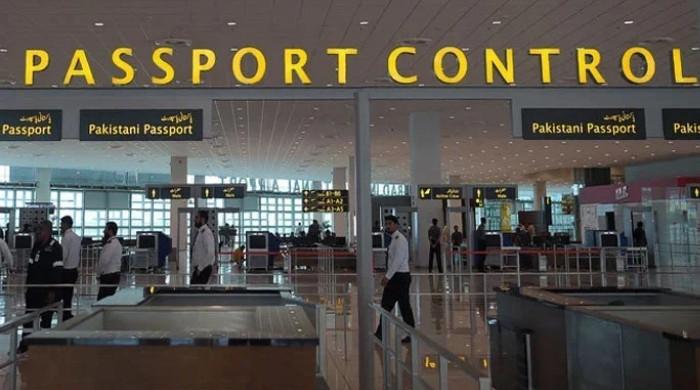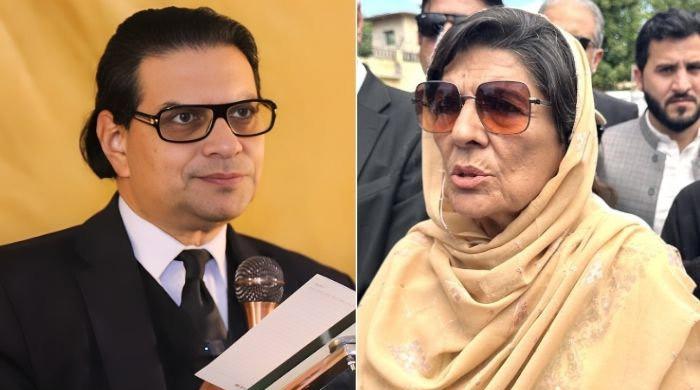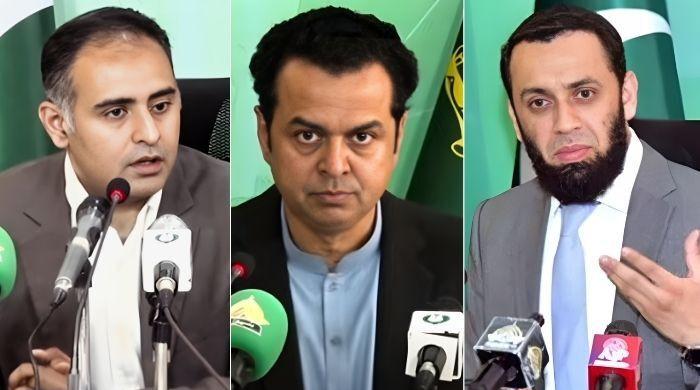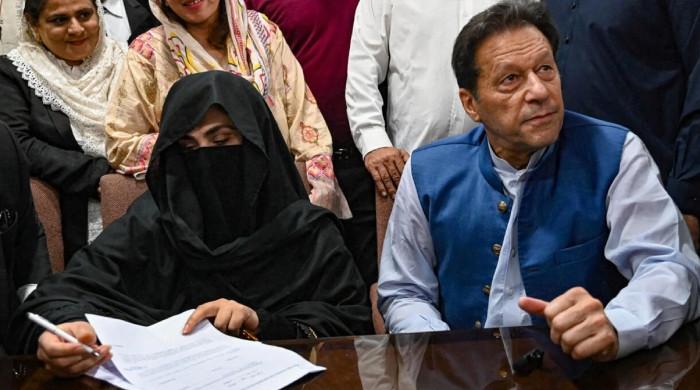Transgender rights bill approved in NA, marking second milestone
Syed Naveed Qamar of Pakistan Peoples Party piloted the bill
May 08, 2018
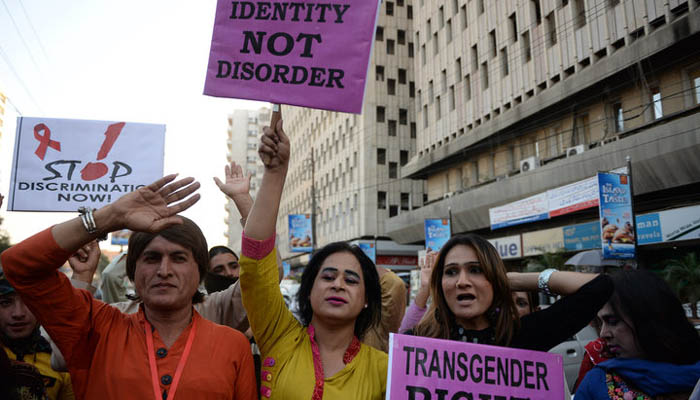
KARACHI/ISLAMABAD: The National Assembly of Pakistan approved Tuesday a bill for the protection of transgender persons' rights — the final stage before it is signed into a law.
Ratified by the Senate earlier this year, in March, the "Transgender Persons (Protection of Rights) Act, 2018" was passed in the Assembly by a majority.
Syed Naveed Qamar of Pakistan Peoples Party (PPP) — who, on August 8, 2017, piloted the bill to provide protection, relief, and rehabilitation of rights to transgender persons — as well as Senators Rubina Khalid, Farhatullah Babar, and Dr Karim Khwaja have been monumental in this bill's progress.
It was opposed by Naeema Kishwer, of Jamiat Ulema-e Islam - Fazal group (JUI-F), who said it should instead be referred to the standing committee for detailed deliberation. She also moved a motion and amendments to refer the bill to the Council of Islamic Ideology (CII) and the standing committee.
Her amendments, however, were rejected.
PPP’s Qamar said detailed discussions were carried out by the Senate's Standing Committee and requested the House to pass the bill.
Provisions under the bill, which seeks to protect the rights of the transgender community, include:

1. Transgender persons being able to register to obtain a driver's licence and passport;
2. Transgender persons having the option to get their gender changed in National Database and Registration Authority (NADRA) records in line with their self-perceived identity;
3. Prohibition of harassment of transgender persons at home and in public places;
4. Transgender persons not being discriminated against by educational institutions and employers, in trade and health services, when using public transport, and when buying, selling or renting property;
5. Establishment, by the government, of safe houses for transgender persons and provision of medical and educational facilities and psychological counselling to them;
6. Establishment of separate rooms at jails where transgenders persons may be detained;
7. Entitlement to inherit property.
8. Steps, to be taken by the government, to ensure employment opportunities for transgenders persons.
9. Rights awarded to transgender persons to vote in all national, provincial, and local government elections and making sure they are not discriminated against in their pursuit of a public office.
10. Setting up punishments: anyone found guilty of forcing a transgender person to beg will be sentenced to six months in prison and served a fine of Rs 50,000.
'A very happy day for everyone'
Speaking to Geo.tv, Bindiya Rana, a prominent transgender activist, said: "This is a very happy day for everyone!"
Congratulating everyone, including transgender people at home and abroad, Rana noted that the National Assembly of Pakistan's decision to pass the Bill was a collective effort on part of every transgender, transgender activist, journalists who speak up and write about trans rights, as well as lawmakers and politicians ‘who stand on the right side of the history.’
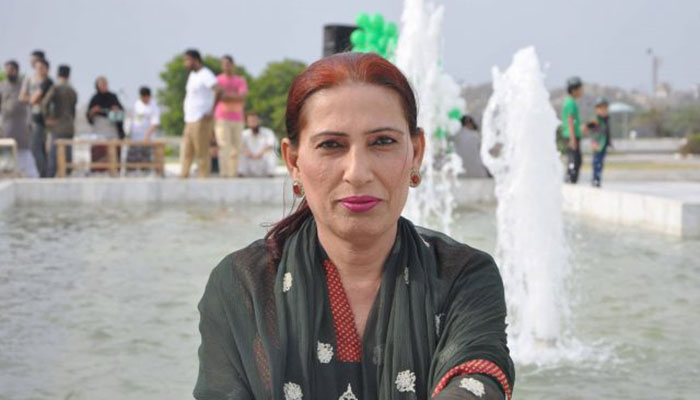
"The hard work of all khawajasirahs has come to fruition today," she said, adding that continuous campaigning for equal rights has helped the country achieve this milestone.
"Today, Allah showed us that our efforts bore fruit!"
"I thank the Supreme Court's ruling in 2009," — allowing citizens of Pakistan to self-identify as the third gender on their CNICs, which, in effect, meant that the transgender persons were recognized by law — "the persistent hard work, and the efforts of Senate and Senators, the National Assembly, and its members."
With the Bill almost nearing its final stage, it has to be signed by the president into a law.
"There's no hindrance, as per the law," Rana told Geo.tv.
"We have consulted with lawyers, activists, journalists, etc., and there is nothing in this Bill that makes unjust demands or demands outside of the Constitution of Pakistan."
"None of our demands is controversial or unlawful."
'Change, acceptance, and inclusivity'
Aradhiya Khan, also a transgender person as well as a student activist, said the day brought her "double the joy" for she passed her second-year exams and came home to the news of the Bill being passed in the NA.
"I think the Pakistani public should celebrate with us," she said, emotionally, while speaking to this correspondent on the telephone.
"After so much hard work, so much struggle, this years-long movement is finally seeing some progress, some achievement."
Khan noted that while numerous people, including multiple transgender persons, activists, media representatives, journalists, worked hard to get the Bill to this stage, those who lost their lives should not be forgotten.
"I really hope that this [Bill] gets [signed and] implemented," she explained.
"Implementation is very much important. We need serious work in that regard.
"I look forward to a wave of change, acceptance, and inclusivity" once the Bill gets signed into a law of Pakistan.





